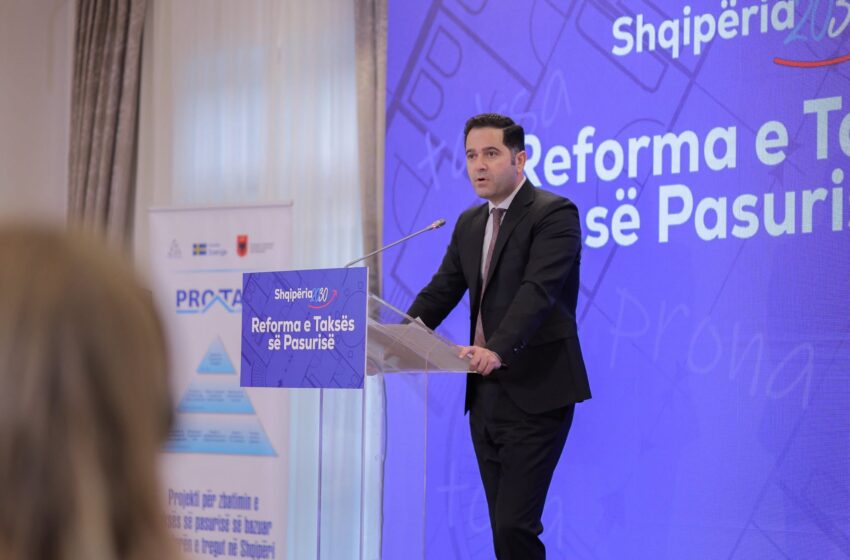Albania to raise minimum wage to €500 in 2026, pledges further increases by end of mandate

Starting January 1, 2006, Albania’s minimum wage will increase by 10,000 ALL, reaching the equivalent of €500 per month — a move affecting over 307,000 workers nationwide. The announcement was made by Prime Minister Edi Rama, who called the raise “the first, but not the last” of his current mandate.
Why is this important: This marks one of the largest minimum wage hikes in Albania’s recent history and is central to the government’s promise of improving income standards. The decision also aligns with key campaign pledges from the May 11 election, where the ruling Socialist Party won 83 seats in parliament.
Context: The government plans to raise the minimum wage to €700 before the end of its mandate. While public sector wage increases will be fully covered by the state budget, the private sector will receive substantial support to mitigate the impact on businesses.
Subsidy package: For nine months in 2026, the government will allocate €90 million to cover the added cost of social insurance contributions for private employers. This subsidy is aimed at easing the financial burden of wage adjustments on the business community.
Pensions plan: In the same announcement, Rama outlined a multi-year fiscal commitment to pension increases — another flagship electoral promise. From 2026 through 2030, the government will inject a total of €1.7 billion into pension increases, combining fixed annual hikes with inflation-indexation.
“Pensioners take the lion’s share of the 2026 budget. We’re starting the year with €100 million on top of indexation,” Rama said. “By 2030, this figure will rise to €500 million plus annual indexation.”
What else: Rama tied both wage and pension increases directly to the electoral mandate his party received in May. Referring to the 83 mandates SP won he said: “These are 83 reasons not to sleep, but to work relentlessly. What we’ve promised, we’re delivering — out of gratitude and responsibility.”


